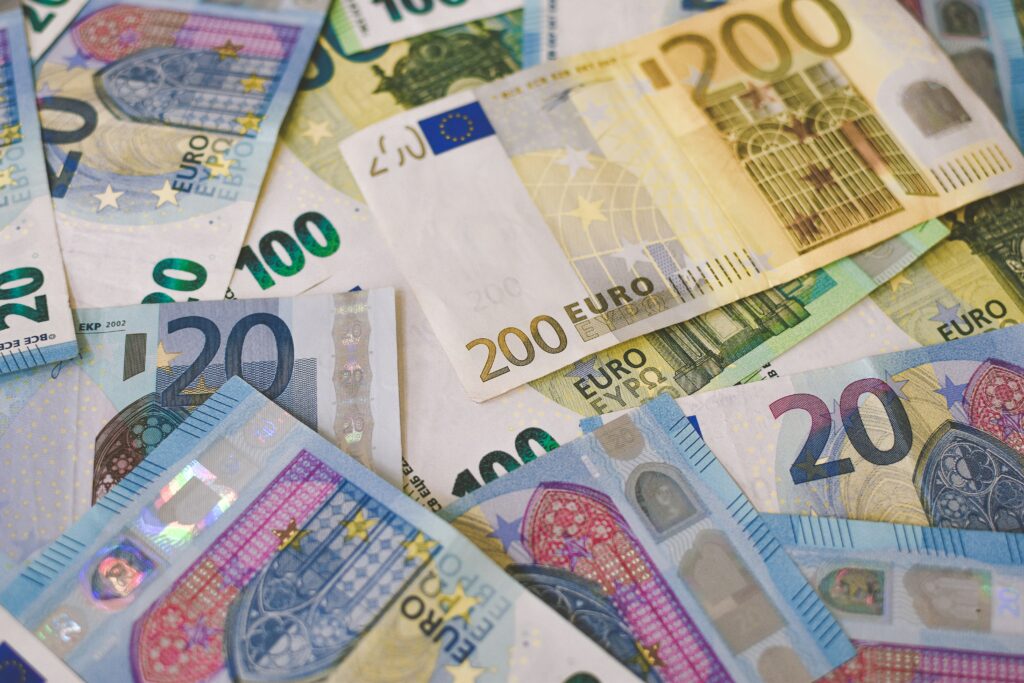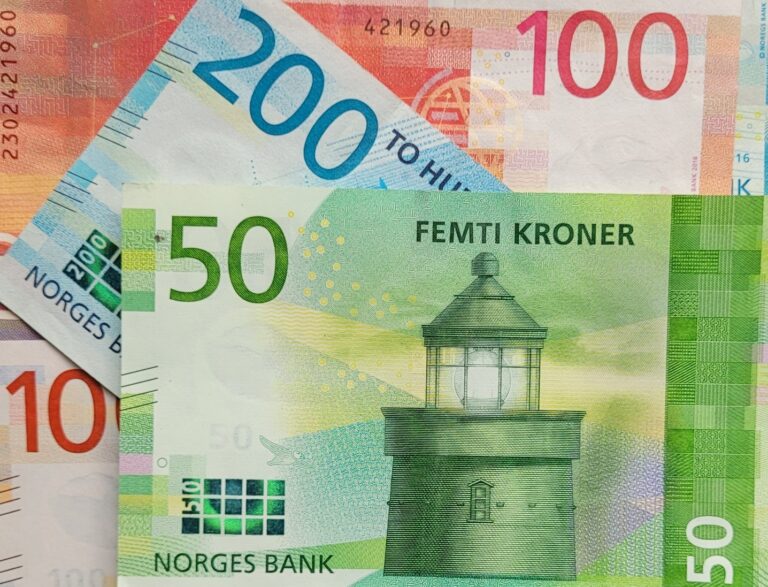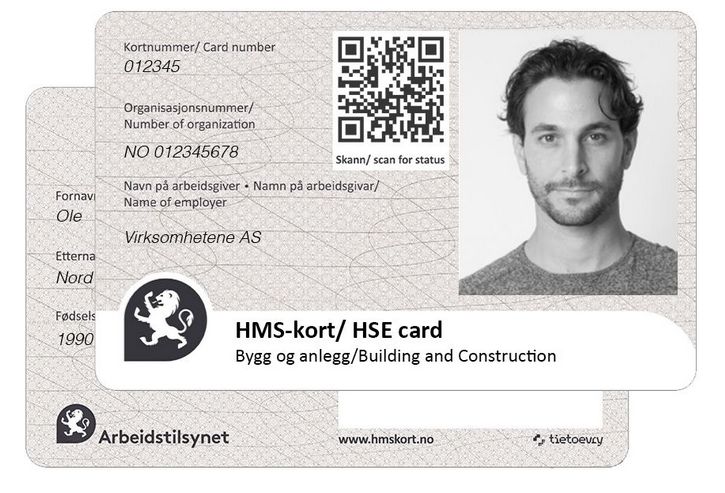Does Finland use the Euro currency? Yes, Finland uses the euro (€) as its official currency. The country adopted the euro in 1999 for electronic transactions and introduced euro banknotes and coins in 2002, replacing the Finnish markka (FIM). As a member of the European Union (EU) and the Eurozone, Finland is one of the 20 countries that use the euro as their official currency.
Finland was the only Nordic country to join the Eurozone from the beginning, while its neighbors — Sweden, Denmark, and Norway — continue to use their national currencies. The transition to the euro was aimed at improving economic stability, reducing exchange rate risks, and facilitating trade with other EU countries.
Photo by Ibrahim Boran on Unsplash

Finland was the only Nordic country to join the Eurozone from the beginning, while its neighbors — Sweden, Denmark, and Norway — continue to use their national currencies. The transition to the euro was aimed at improving economic stability, reducing exchange rate risks, and facilitating trade with other EU countries.
The use of the euro makes Finland an attractive market for businesses from other European countries. Since there are no currency exchange fees or fluctuations within the Eurozone, companies can operate more efficiently and predictably. This financial stability encourages and economic cooperation, strengthening Finland’s role in the European market.
Additionally, Finnish economy is strongly based on innovation, flexibility and highly specialized subcontracting services which allows it to swiftly adapt to changing trends and grow in spite of global disturbances.










